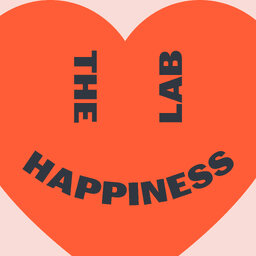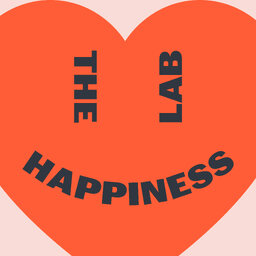The Man Who Invented Happiness Science: Marty Seligman
When Marty Seligman started his long scientific career, psychologists concentrated on studying "misery and suffering" and what made people sad. But Marty wanted to discover what made happy people, well, happy. His research laid the foundations of "positive psychology" and the happiness science you hear week after week in this podcast.
Dr Laurie Santos talks to Professor Seligman about his decades of research; the power of optimism; and how he became less of a "grouch" to improve his own personal happiness.
Marty's latest book, TOMORROWMIND: Thriving At Work – Now and in an Uncertain Future, is OUT NOW.
In 1 playlist(s)
The Happiness Lab with Dr. Laurie Santos
You might think you know what it takes to lead a happier life… more money, a better job, or Instagra…Social links
Follow podcast
Recent clips

How to Find "The One": The Science of Dating with Tim Molnar
45:01

How to Feel Truly Loved (with Dr. Sonja Lyubomirsky and Dr. Harry Reis)
42:09

How to Design a More Meaningful Life (with Dave Evans and Bill Burnett)
46:30
 The Happiness Lab with Dr. Laurie Santos
The Happiness Lab with Dr. Laurie Santos